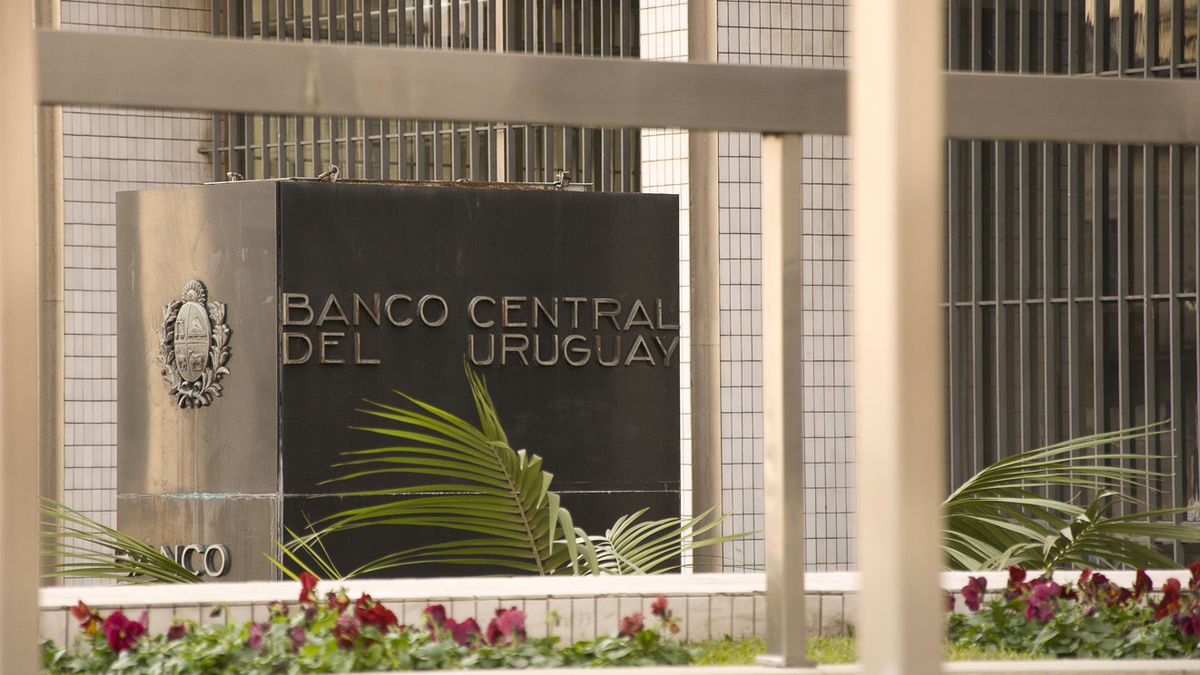The Central Bank of Uruguay presented a bill that seeks to mitigate the impact of fraud and virtual scams.
He Central Bank of Uruguay (BCU) seeks to mitigate the impact of fraud in the financial system, made possible to a greater extent by the technological advances of the time, through a bill that allows lifting the Banking secrecy in cybercrime cases.
The content you want to access is exclusive to subscribers.
The new technologies and, above all, the digital channels doors open to endless opportunities. Among them, those of frauds and virtual scams, cyber attacks which, in recent times, have become more and more frequent, affecting the savings of hundreds of people. In order to decide lines of action in the face of these situations, the BCU formed a working group on the subject in 2022, made up of representatives of the financial system and the Central Bank, from which proposals arose to combat these crimes.


Among them, he highlighted the one that, finally, became a bill: the exchange of information between banks and issuers of electronic moneyenabling the lifting of bank secrecy for specific cases of financial cybercrime.
Information, a key tool
“Despite the existing monitoring and alert mechanisms in the entities of the financial and payment system”, it is required “new and more effective tools that allow an agile and coordinated action”, explains the draft presented by the BCU; and points out that among the inconveniences for combating this type of crime is “the legal impediment to being able to share information” between the institutions, “in the framework of investigations carried out due to complaints from clients who have lost their funds due to having been victims of fraud or scam”.
“The case of criminals has also been observed, who once they stop operating in a local institution, manage to introduce themselves as a client in another,” he adds.
For this reason, from the BCU they understand that legal changes that allow the information exchange. According to the arguments made explicit in the document, the proposed changes “will allow greater effectiveness in the recovery of fundsavoiding that the same criminal can act through different agents of the financial and payment system without being warned”.
The details of the draft
The bill consists of two articles: the first adds a paragraph to the Financial Intermediation Lawwhich establishes that those who carry out financial intermediation may exchange among themselves and with electronic money issuing institutions certain information on an “exceptional basis, with the sole purpose of investigating and preventing possible criminal conduct committed through these institutions”.
In the second article, it establishes that the issuing institutions of electronic money “They may exchange among themselves and with financial intermediation institutions, on an exceptional basis, the information on balances, movements and operations corresponding to electronic money instruments of their clients, as well as the confidential information they receive or have from said clients”, with the objective of investigating and preventing these crimes.
Source: Ambito




